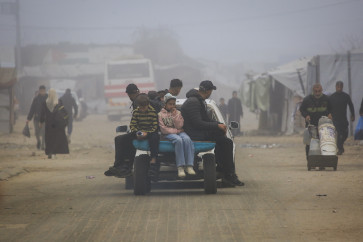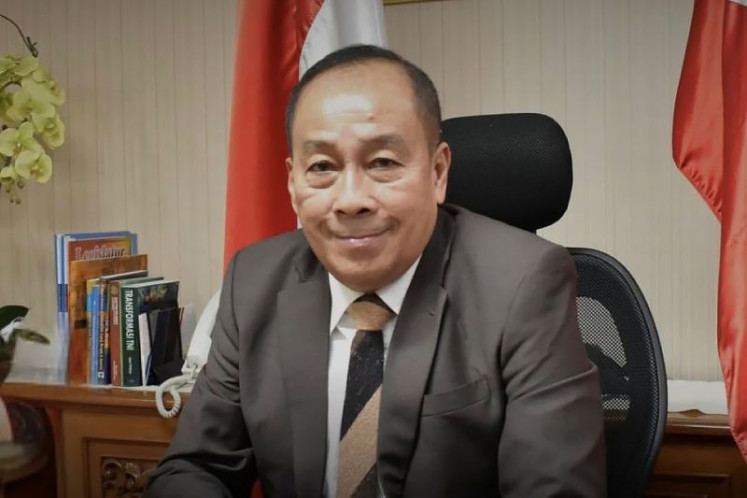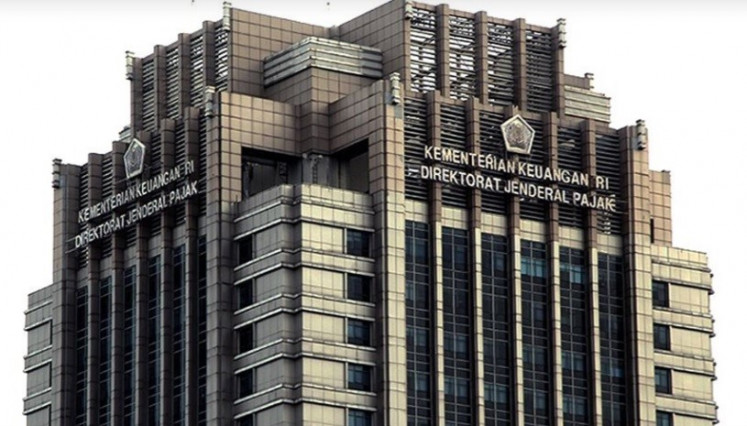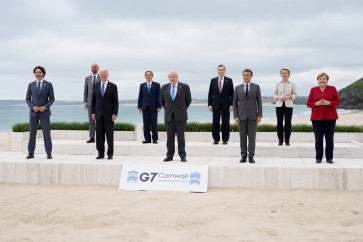Popular Reads
Top Results
Can't find what you're looking for?
View all search resultsPopular Reads
Top Results
Can't find what you're looking for?
View all search resultsEU, the preacher, is in love with ASEAN yet again
All their arguments are nothing more than silat lidah (bickering).
Change text size
Gift Premium Articles
to Anyone
 Canadian Prime Minister Justin Trudeau, European Council President Charles Michel, US President Joe Biden, Japan's Prime Minister Yoshihide Suga, British Prime Minister Boris Johnson, Italy's Prime Minister Mario Draghi, French President Emmanuel Macron, European Commission President Ursula von der Leyen and German Chancellor Angela Merkel (from left to right) pose for a group photo at the G7 summit, in Carbis Bay, Britain, June 11, 2021. (Reuters/Patrick Semansky)
Canadian Prime Minister Justin Trudeau, European Council President Charles Michel, US President Joe Biden, Japan's Prime Minister Yoshihide Suga, British Prime Minister Boris Johnson, Italy's Prime Minister Mario Draghi, French President Emmanuel Macron, European Commission President Ursula von der Leyen and German Chancellor Angela Merkel (from left to right) pose for a group photo at the G7 summit, in Carbis Bay, Britain, June 11, 2021. (Reuters/Patrick Semansky)
Kornelius Purba
The Group of Seven leaders often use sophisticated words such “multilateralism” and “science” to justify their political and military presence in the Asia-Pacific region with a single mission: To contain China and regain control of the rich territory. But for ordinary Indonesians like me, the seven industrialized countries just do not have the guts and power to fight China satu lawan satu (one on one), so they keroyok (gang up on) China. And all their arguments are nothing more than silat lidah (bickering).
All the G7 leaders, including three European Union members and one ex-member, concluded their three-day summit in Cornwall, England, on Sunday. They shared United States President Joe Biden’s multilateral strategy for facing China, which can take shape in joint efforts to find scientific evidence of China’s breach of fair trade, green development and other practices.
The richest democracies offer little sweeteners such as loans while at the same time frightening Indo-Pacific countries with the myth of the menacing Dragon that will swallow them. The world’s most developed countries have built their image as a savior.
In this context, the EU has openly expressed its interest in supporting the alliance of Quad (US, Japan, India and Australia). The EU has particularly tried to seduce the 10-member ASEAN with flattering words and fascinating promises, such as mutually beneficial economic cooperation and security protection. But the European countries still maintain the old illusion that they could unilaterally impose their own will.
But at least for a while, the EU has to control its addiction to preaching to other nations — especially weaker and poorer nations — on the values of human rights, good governance and equality. The EU should learn from the US, which has lost its magic power and can no longer use its “stick and carrot” approach to force ASEAN to stand behind Washington in confronting China. The EU cannot dictate ASEAN anymore as it did in the past.
Such changes were highly expected when EU High Representative for Foreign Affairs and Security Policy Josep Borrell came to Jakarta on June 4. In normal circumstances, an EU official would have talked loudly about Indonesia’s poor human rights track records, especially in Papua.

















